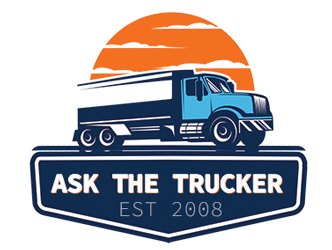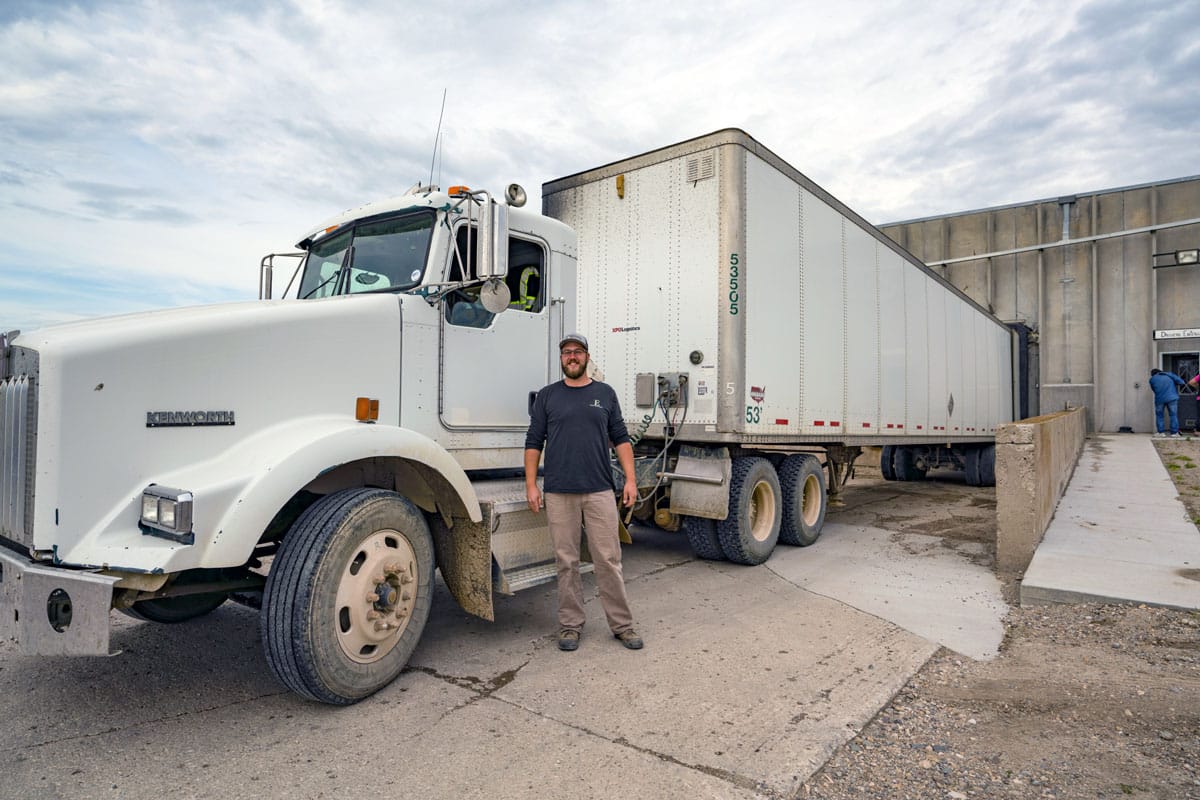How Much Do Union Trucking Companies Pay Drivers?
If you want to become a truck driver, you may want to think about working at a unionized trucking company. Truck drivers who are in unions may earn more money than those who do not have a union’s collective bargaining power on their side.
In this post, we will tell you how much more you might earn as a union truck driver than as a non-union truck driver. We will also introduce you to some unionized trucking companies, and go over some of the additional benefits of union membership.
Union Trucking Companies Driver Pay
To get started, let’s look at the US Bureau of Labor Statistics data for “Heavy and Tractor-trailer Truck Drivers.”
The BLS reports that truck drivers in 2024 earned a median pay of $57,440 per year, or $27.62 per hour.
The bottom 10% earned under $38,640. The top 10% earned over $78,800.
While there are a number of different factors that impact the pay for truck drivers, union membership is one of them.
The BLS data we just shared does not differentiate between union and non-union truck drivers.
This is, however, something the BLS has looked into before, and discussed in a January 2025 news release. The data below is not specific to truck drivers, but compares union vs. non-union salaries:
“Nonunion workers had median weekly earnings that were 85 percent of earnings for workers who were union members ($1,138 versus $1,337).”
So, let’s imagine a truck driver is a member of a union, and is earning $60,000 per year.
All other things being equal, a non-union truck driver would comparatively earn only $51,000 pear year.
$9,000 is a massive difference in pay! That is a big enough difference to be life-changing. It could mean being able to save and invest, rather than not having that opportunity.
Union Dues
One thing that is important to know about being in a union is that you have to pay union dues. These are fees that help support the union as a whole so you can enjoy its benefits.
Union dues vary from one union to the next, but will generally be quite a bit lower than the improvement in pay for being a union worker.
To give you an example, here are the dues for Teamsters:
“Dues for all members whose hourly earnings rate is $11.00 per hour or less shall pay two times their hourly rate plus seven dollars per month. Dues for all members whose hourly earnings rate is over $11.00 per hour and you are employed in an industry in which you have a legal right to strike, your dues shall be two and one half times the hourly wage rate plus seven dollars per month. Dues for members whose hourly rate is over $11.00 per hour, employed in the public sector who are legally not entitled to strike, shall be two and one quarter times their hourly rate plus seven dollars. An initiation fee may be charged when you first become a member.”
Returning to our previous example, say you are a Teamsters driver earning $60,000 per year. That makes your hourly pay $28.85. Let’s also say you are entitled to strike. That means “your dues shall be two and one half times the hourly wage rate plus seven dollars per month.”
That adds up to about $79 per month. That is $949 per year.
While that is pretty hefty, compare it to the $9,000 a year of extra income you might be earning as a result of being a union driver. Even after you take out your union dues, you’re doing great.
What Trucking Companies are Unionized?
Here are some trucking companies that are unionized:
- United Parcel Service Inc. (UPS, via Teamsters)
- ABF Freight (via Teamsters)
- Sysco (via Teamsters)
- DHL (via Teamsters)
- Standard Forwarding (via Teamsters)
As you can see, Teamsters is the union for most truckers.
Additional Reasons to Join a Union
Now that we have shared some unionized trucking companies with you, as well as gone over salary information, let’s discuss some of the additional benefits of truck driver unions.
- Job security: Companies that aren’t unionized can pretty much fire and hire whomever they want at the drop of a hat. That means that you may not last long at a non-unionized company. But companies that are unionized agree to terms that help to ensure job security. For example, your contract might state that seniority will ensure that you are not front of the line when it is time for layoffs.
- Training: Your union may provide for training opportunities to take your career to the next level.
- Quality of life: Union truck driving jobs give you bargaining power. This is what allows for increased pay and job stability. But that bargaining power can also be used to negotiate for other improvements to the terms of your employment, leading to overall better quality of life.
If you can find a unionized trucking job, you should strongly consider taking it. The benefits usually more than justify the cost of paying your dues.

